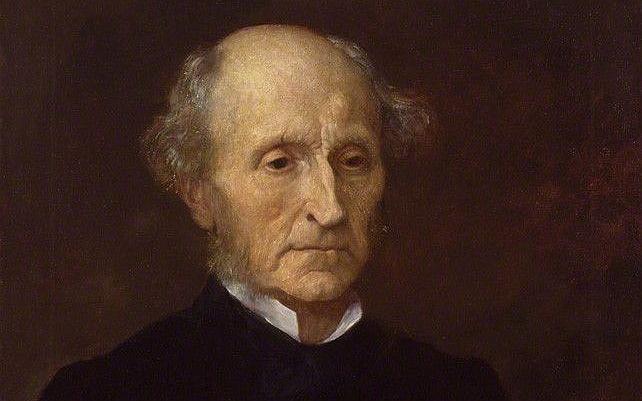Commentary
The great voice of intellectual diversity is John Stuart Mill, who wrote in “On Liberty” (1859) that uniformity of opinion in society is damaging to free speech and free thought.

The great voice of intellectual diversity is John Stuart Mill, who wrote in “On Liberty” (1859) that uniformity of opinion in society is damaging to free speech and free thought.